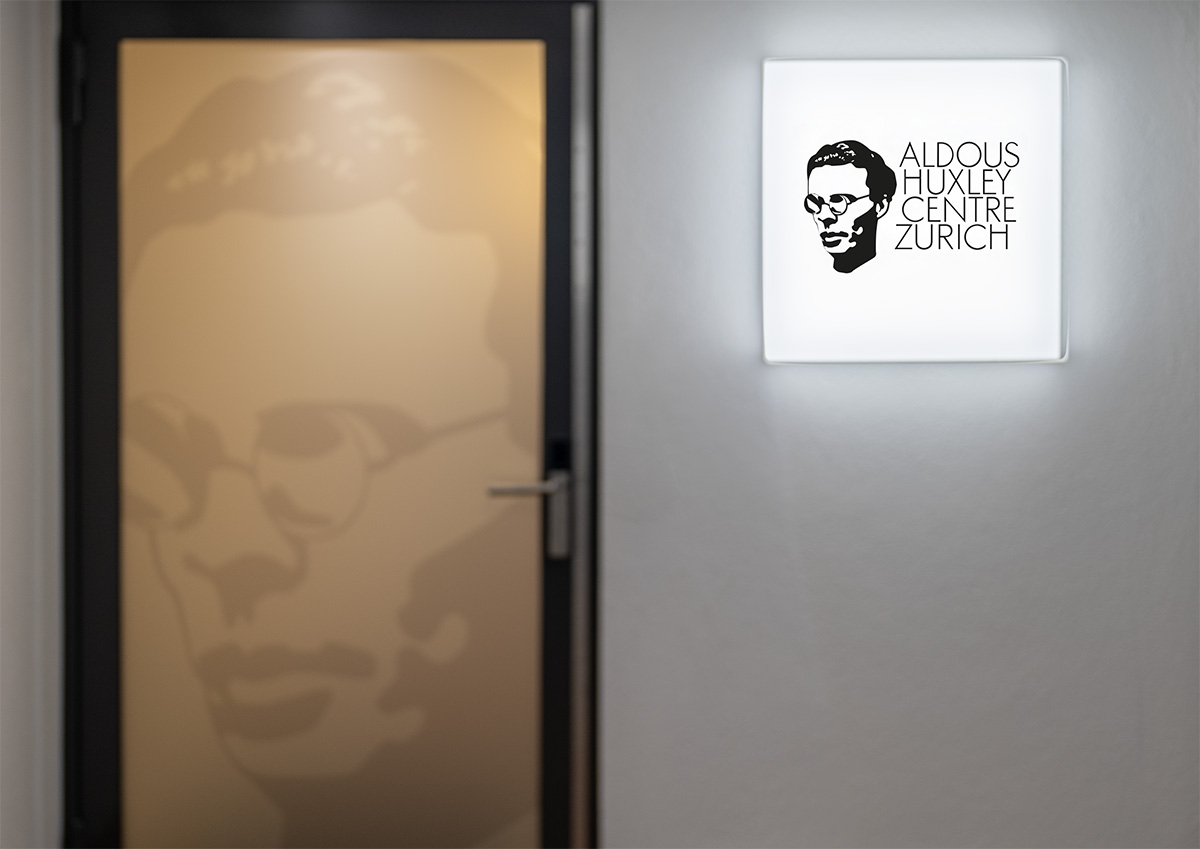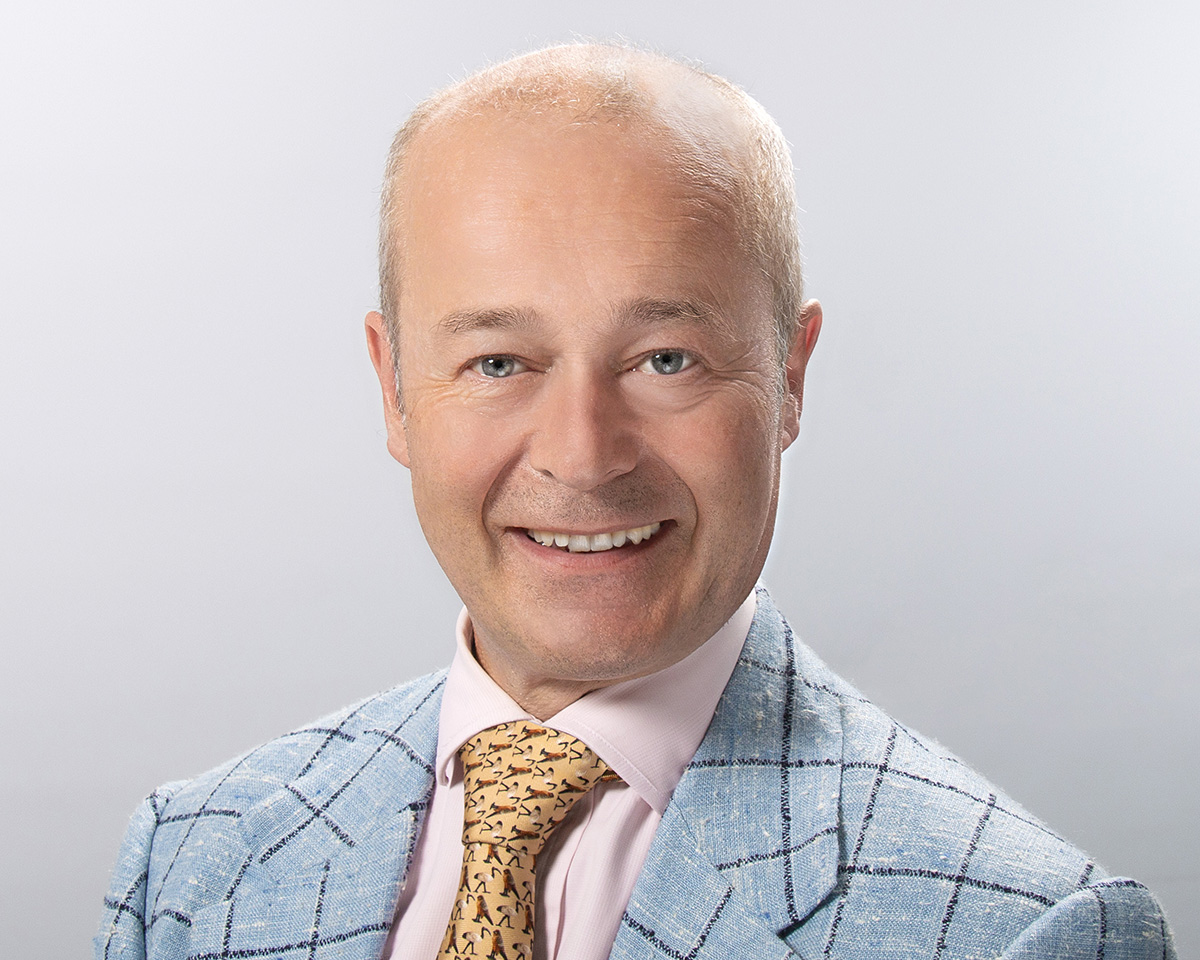Man and Society

Date
- 17.11.2023
- Expired!
Time
- 15:00 - 17:00
Cost
- Free
Programme 2nd Year
Aldous Huxley had complex and evolving views on the relationship between individuals and society. His thoughts on man and society were influenced by his experiences, his observations of the social and political changes of his time, and his exploration of philosophical and spiritual ideas. Here are some key aspects of Huxley’s thoughts on this topic:
- Critique of Mass Society
Huxley was critical of the dehumanizing effects of modern industrialized and consumer-driven society. He believed that the emphasis on materialism, conformity, and mass production could lead to the loss of individuality and authentic human experiences. He explored these themes in novels like “Brave New World,” where he portrayed a dystopian society where individuality is sacrificed for stability and uniformity. - Individual Freedom
Huxley valued individual freedom and autonomy. He believed that individuals should have the right to make choices about their lives, thoughts, and beliefs without undue influence or coercion from the state or society. This theme is evident in his writings on topics such as personal liberty and the dangers of totalitarianism. - Spirituality and Mysticism
Huxley was interested in Eastern philosophy, mysticism, and spirituality. He explored the idea that individuals could achieve higher states of consciousness and self-realization through spiritual practices and the pursuit of inner knowledge. This interest is reflected in works like “The Perennial Philosophy,” where he examined the common spiritual truths found in various world religions. - Social Critique
Huxley was a social critic who often commented on the moral and ethical challenges facing society. He was concerned about the impact of technology, mass media, and consumer culture on human values and relationships. He believed that individuals needed to be vigilant and critical of the forces that could erode their humanity. - Search for Meaning
Throughout his writings, Huxley grappled with questions of meaning and purpose in life. He explored how individuals could find meaning in a world that seemed increasingly focused on materialism and superficial pursuits. His characters often engage in introspection and philosophical contemplation. - Utopian and Dystopian Visions
Huxley’s novels, particularly “Brave New World” and “Island“, present contrasting visions of ideal societies. While “Brave New World” portrays a dystopian future where individuality is suppressed, “Island” presents a utopian vision of a society that values personal growth, spirituality, and human connection.
In summary, Aldous Huxley’s thoughts on man and society were characterized by a concern for individual freedom, a critique of dehumanizing aspects of modern society, an exploration of spirituality and mysticism, and a search for meaning in a changing world. His works reflect a deep engagement with the moral, ethical, and philosophical dilemmas of his time.
Reading for next lecture
– Relevant essays volumes IV-VI
Book list
Complete Essays Volume IV
(Ivan R. Dee)
In this fourth installment of a planned six-volume collection, Aldous Huxley expresses profound concerns regarding the trajectory of history during the late 1930s, a period marked by the looming specter of a second global war. Throughout this volume, many of his essays delve into his enduring fascination with popular culture’s conventions, as well as the interplay between philosophy, science, and history, particularly in relation to their influence on developments in the realms of art and politics. Yet, his overarching preoccupations oscillate between the realms of empirical science and the intricate tapestry of social history on one hand, and a relentless quest for an absolute truth that transcends them both.
Within these pages, Huxley’s critical examination extends to the political landscape and the prevailing ideologies of fascism and capitalism, all the while intertwining with his pursuit of a foundational truth in a world characterized by constant change and diversity. Notably, he embraced a brand of political pacifism that intersected with a growing attraction to religious quietism and mysticism. Simultaneously, he undertook a concerted effort to reconcile mystical experiences with contemporary theories of physics and the philosophy of science.
At their zenith, Huxley’s essays represent some of the most exceptional examples of the genre in modern literature. This collection is deemed a remarkable publishing event, distinguished by its meticulous production and authoritative editing.
Complete Essays Volume V
(Ivan R. Dee)
Within this penultimate volume, Huxley persists in his examination of the place of science and technology within contemporary society. Simultaneously, he embarks on a quest for the ultimate and definitive Truth that could serve as the bedrock for his burgeoning fascination with religious mysticism. It is within this period that his philosophy of history attains its conclusive shape and substance.
In their most refined manifestations, Huxley’s essays continue to shine as exemplary instances of the genre within modern literature.
Complete Essays Volume VI
(Ivan R. Dee)
In this culminating and final volume of Huxley’s essays, we witness the culmination of what critics have hailed as “an extraordinary publishing achievement, meticulously crafted and expertly curated.” Within these pages, Huxley offers his ultimate evaluation of contemporary society. Returning to the themes that underpinned his dystopian masterpiece, “Brave New World,” he delves into a wide spectrum of contemporary subjects, ranging from ecology, sociobiology, and psychology to politics, history, and religion. His deep-seated concerns about the challenges posed by modernity permeate his writings.
This volume also features Huxley’s ultimate contemplation on the intersection of art and religion in “Shakespeare and Religion,” along with the inclusion of two recently discovered essays on science, technology, and the complexities of “modern life.” Volume VI additionally stands as a notable entry into Huxley’s engagement with the C. P. Snow/F. R. Leavis controversy surrounding the “two cultures.” During the early 1960s, the relationship between science and the humanities was a fiercely debated topic, drawing the participation of luminaries such as Lionel Trilling and scientists like J. Robert Oppenheimer. Huxley’s response to this discourse was “Literature and Science,” his final book, which serves as a summative expression of his theories on art and culture.
As one of the last prominent public intellectuals of the modernist era, Huxley’s essays present a reframing of modern cultural history in all its multifaceted dimensions.
Location

- Huxley Centre
- Seehofstrasse 6, 8006 Zürich, 4th floor
-
Opening Hour
15:00
Organizer

Robin Hull, lic.phil. Dip RSA
Huxley Centre / Hull's School
QR-CODE
